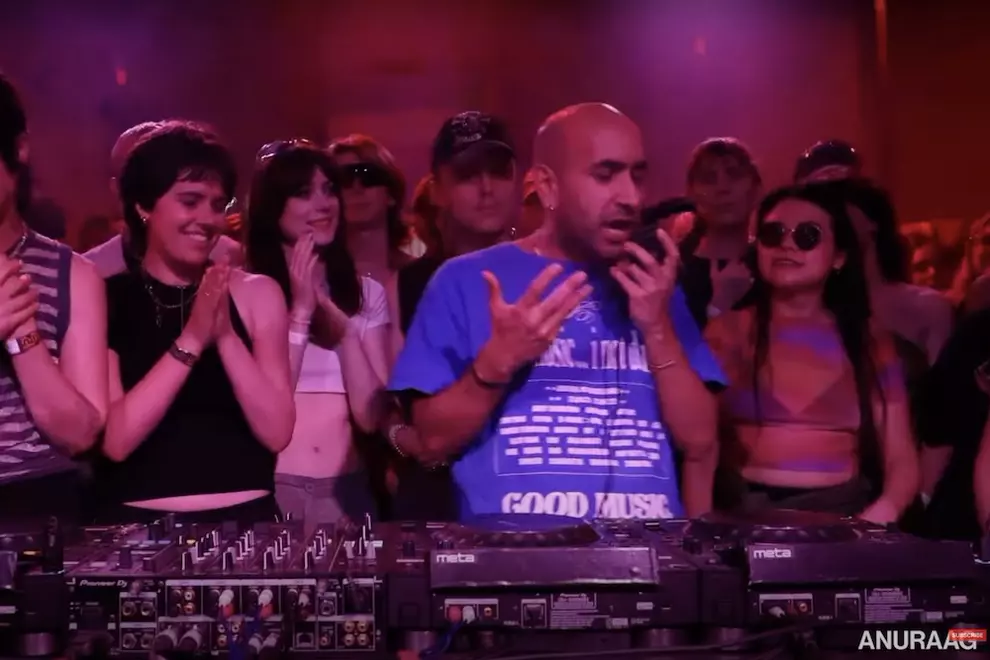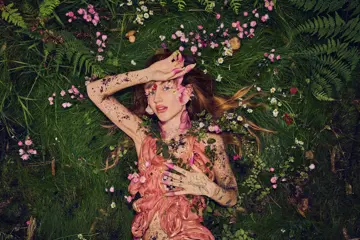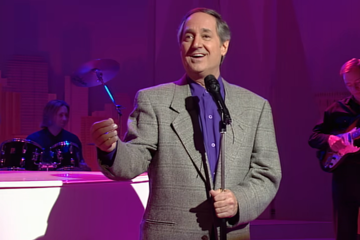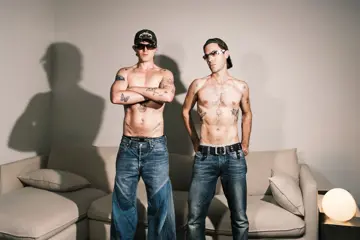Anuraag is one of so called Australia's most important voices and DJs. Forever acting as a fierce pioneer, Anuraag is known for their amazing selections while constantly being a leader in every facet of the electronic world, using their platform to uplift, educate and wow their audience with the power of dance music.
They are the creative director of events series Cool Room TV and has sought to change the conversation around representation and safety on the inherent political space which is a club dancefloor. They've also created website room2.fm alongside collaborator Patrick Hase, which is a digital performance space to experiment with new methods of communal listening without the restraint of distance.
Over the weekend they performed at Mode Festival as a part of its Boiler Room program. With it, they performed a stellar set, playing with glossy textures and organic percussion, brought together by the world of up-tempo and in your face club beats. As the set progressed the beats got more euphoric and the crowd responded accordingly. They even hilariously pretended to take a phone call mid set and asked the punter next to them to take the wheel behind the decks for a second.
Before Anuraag closed their set they took the opportunity to call out Boiler Room and discuss the political history and implications of dance music, as well as acknowledging the importance of appropriate payment for artists.
They said, "thankyou for coming thankyou for dancing, thanks for listening.
Don't miss a beat with our FREE daily newsletter
"I just wanted to ask you all some questions. I think this is a really important cultural thing that we do that we gather and we dance, do you all think this is important what we do, when we gather and do something unique like this?
"Do you think it's important for artists to get paid for their work? I think everyone here is on the same page with that. Myself and all the other artists that are paying got a really generous fee which I think is wonderful.
"Another question, do you think exposure is an appropriate way to pay artists for their work?
"From 2012 to 2020 Boiler Room had a track record of not really paying artists. In mid-2020 they started to change that and paid everybody for all their shows including this one. It's really important to think about who these corporations are owned by. Boiler Room is owned by the elite of the elite by venture capitalists and very rich white entrepreneurs. Ultimately they are the people that benefit from situations like this.
"I felt very conflicted when I was asked to play this. My initial response was no but I just thought this conversation was really important to have and we need to consider how we enter these spaces and even though artists are getting paid for this stuff now. Boiler Room operated for 8-10 years raising significant amounts of financial capital, cultural capital, getting millions of dollars of Arts Council UK funding which should have gone to grass roots organisations instead to pay white venture capitalists and other investors. Be (aware) of that context while you're here. Full support to everybody for dancing."
They went on to support all the other artists playing, acknowledging that they took the booking aswell.
"Context is always everything with this music. This music comes from queer black working class communities. Everything we do in this space on Aboriginal land needs to consider that. Peace."
In the industry of underground dance music that is as popular as ever it is always important to recognise that the majority of major players are guests in the space. Purple Sneakers is a guest in the world of underground dance music. While many parties are financially motivated, as they can be, it is critical that any media organisation, promoter, artist, DJ or punter recognise, acknowledge and ensure they are aware of the social and cultural implications of club dance floors given their significantly political history.
Manipulating the art form for personal or conniving financial gain diminishes and ignores the beauty of its roots.

















